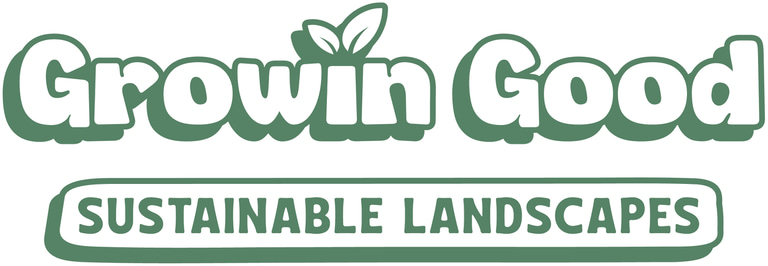Turn Waste into Gold: Compost Guide
Discover the power of composting in our blog dedicated to turning waste into gold. Explore the benefits of composting, from enriching soil health to reducing waste. Learn tips on how to get started, master the art of composting, and understand why composting is essential for everyone. Join us on a journey towards sustainable living and greener futures.
AVAILABLE BLOGS
4 min read
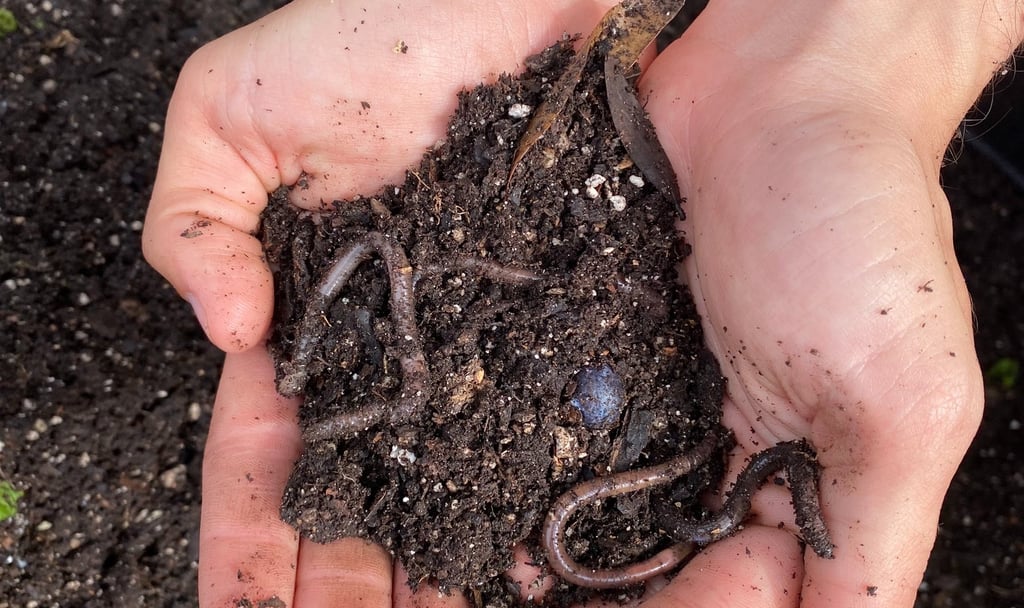

Composting offers great benefits for your plants. Creating nutrient-rich soil full of microbes is both easy and incredibly fulfilling. Let's dive deeper into enhancing your composting techniques to maximize these advantages.
Composting is an ancient technique that has been practiced for centuries. The process of composting organic materials to create nutrient-rich soil dates back thousands of years and has been used by various civilizations around the world. Ancient farmers and gardeners recognized the value of returning organic matter to the soil to improve fertility and enhance crop yields. While this traditional practice has evolved over time with modern understanding of biology and environmental sustainability, its fundamental principles remain rooted in age-old agricultural wisdom.
How to Compost
You can start composting today! The team at Growin Good has put together an effective guide for starting and mastering composting. Just follow these steps to become a master of the craft:
Step 1: Pick your composter
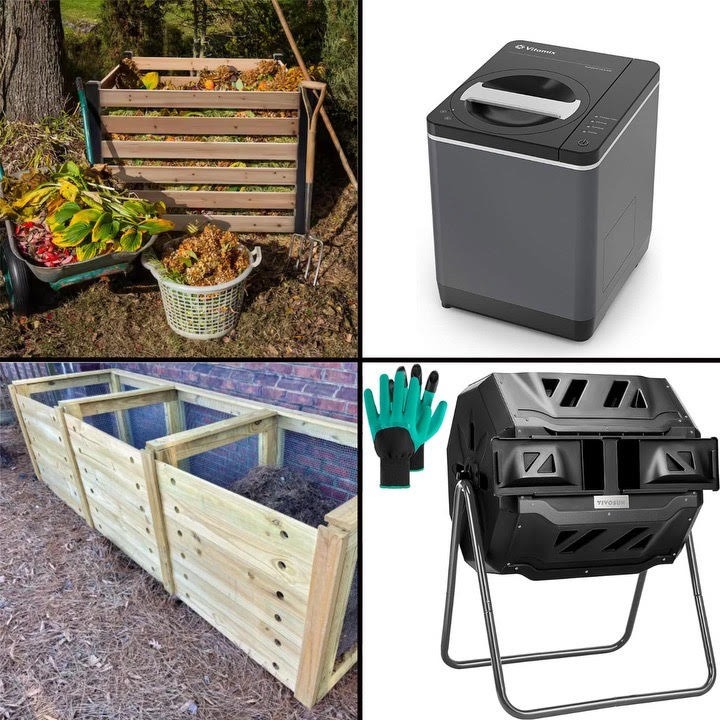

First, you must pick which composting method works best for your living situation. For example, those who live in apartments and small town homes will have some difficulty allocating space for a tumbling compost, the three bin system, and a single bin system, leaving them with the option of the electric composter.
Step 2: Fuel time
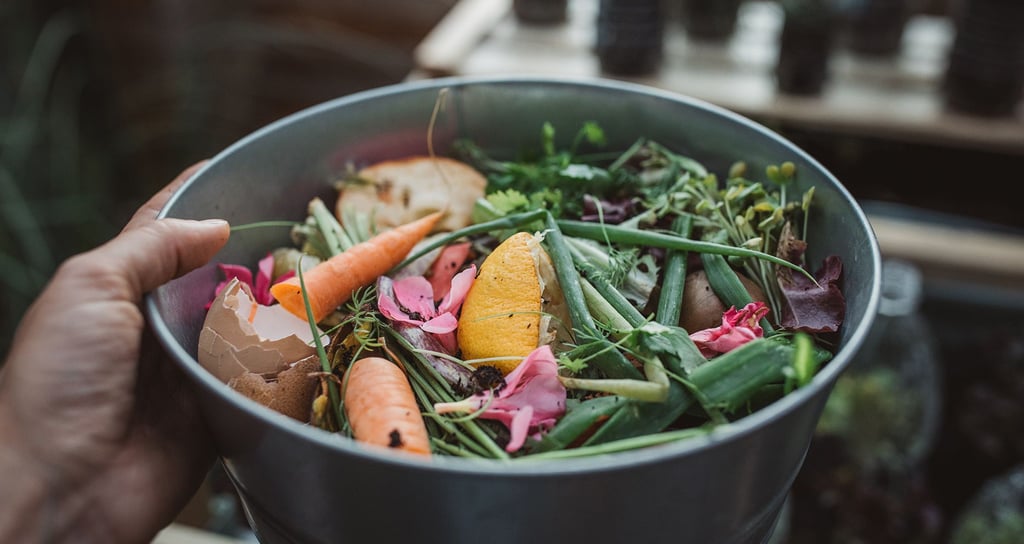

After selecting your composting method, you will need three things to get your compost up and running:
1. Add Some Soil: We love to add some high quality organic soil as a base to our composting mixture. This helps our microbes get a head start on the process and gives us a nice fluffy medium for your red wiggler friends. You would skip this step if you were using the electric composter, but for those using the other methods this is a great way to create a very rich and microbe dense soil medium or top dressing.
3. Food Scraps & Other Waste: This step is everything your compost runs off of. We recommend setting up a nice bowl next to your cutting board and tossing in every scrap that comes from your vegetables. This isn't it though, fruit skins, coffee grounds, tea, compost safe paper towels, and liquid from most canned beans, vegetables and fruits are all great composting materials. Scraps from around the yard are great, if you can't chop n' drop them throw them right into your compost!
2.Red Wiggler Worms: Introducing these little helpers into your compost can significantly increase the breakdown of organic matter, ensuring nutrient-rich soil. Incorporating earthworms into your compost mix is not only highly beneficial but also fundamental to successful composting.
Step 3: Use it!
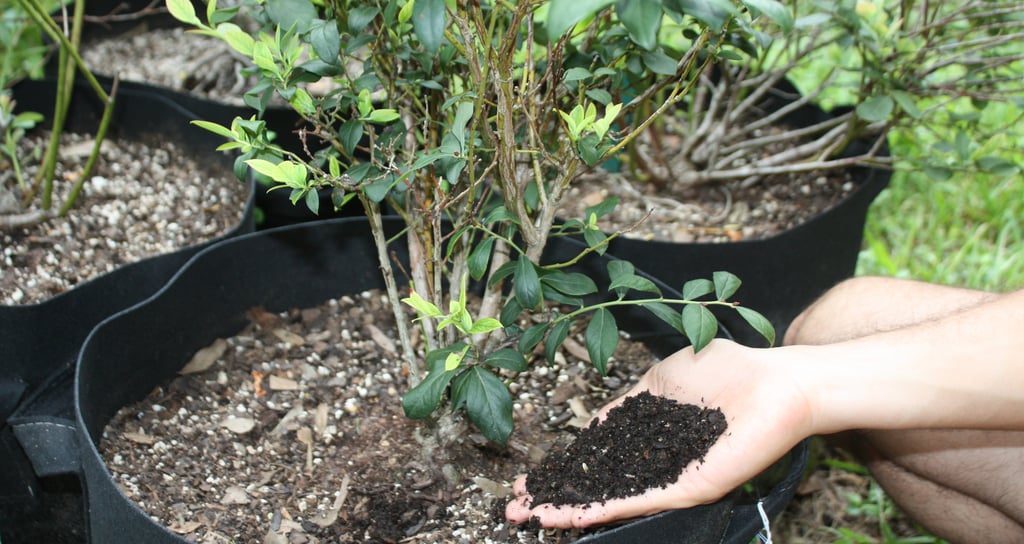

You're there! The most satisfying point of your compost journey is when you get to step 3... Finally, using it. Top dress all of your veggies & herbs, fruit trees, in-ground & outdoor potted plants, and hanging plants. They will thank you for doing this by producing abundantly and looking beautiful.
Tips for Success


Don't allow a dry compost or a too wet compost
Any compost that sits dry for excessive periods of time sees a large decline in the diverse microbial colony. To keep this colony thriving, try to store the compost in the shadiest possible area of your yard near a water source so you can water it when need be. Sticking to a watering regimen depending on your composts size and your areas weather patterns can help one not water too often. Watering too often can create foul-smells and can choke out microbes leading to a decline in the colony.
Avoid these things...
Avoid putting girthy branches in the compost, these can take too long to compost within these small systems and are better burned, then added (Just make sure to avoid and burning fluid). Avoid meat and the skins of fish & chicken, as they can attract unwanted flies and large critters. Avoid dairy and oil heavy items. You must avoid the waste of your pets, this can be detrimental to compost as our furry friends tend to carry harmful bacteria and parasites.
Compost should be stirred
We have come to the conclusion that stirring compost every three days is the best for a rapid decomposition cycle. Note, this is when we are feeding our compost often, compost that is not being fueled by any new organic matter should be stirred less.
Need Help Getting Started?
Feel free to reach out via email for any questions you may have on planting for the first time. Sending in pictures for composting recommendations is encouraged! Especially if you are not sure which composting method you should go with, or if a certain area is good for composting! Here a few things to help anyone looking to get into composting.
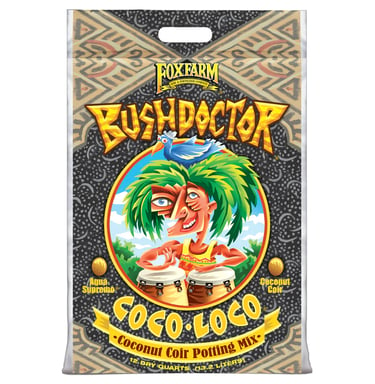

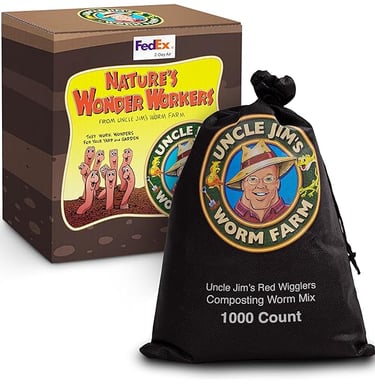

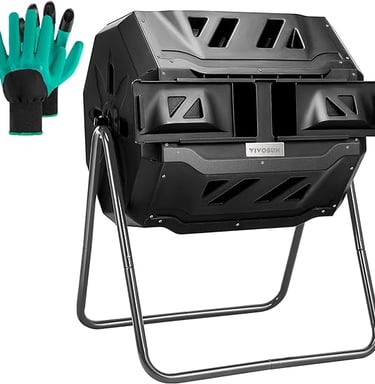

Written By
Lucas Summers
If you can compost, you should! The world loses a third of all food consumption a year, that is 1.3 billion tons a year... Composting allows us to do our part in lowering that food waste, and in turn use the food we buy or the plants we grow as nutrients for future plants.
